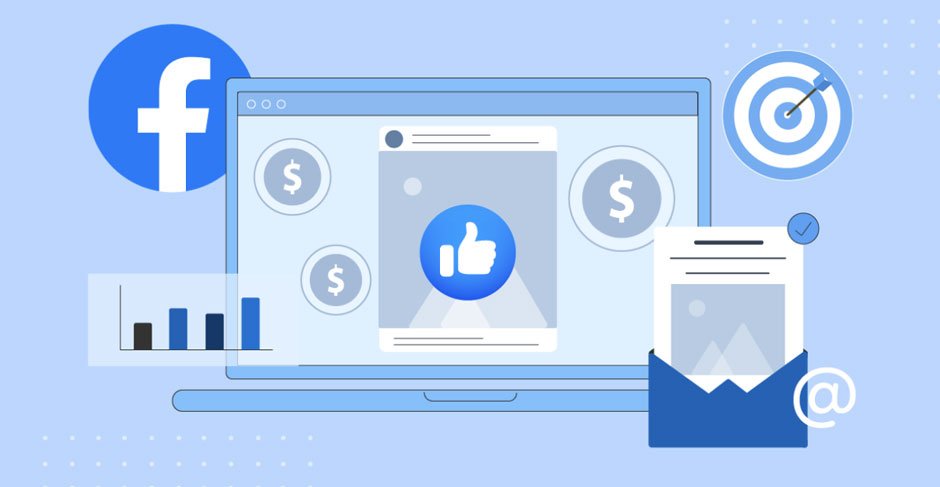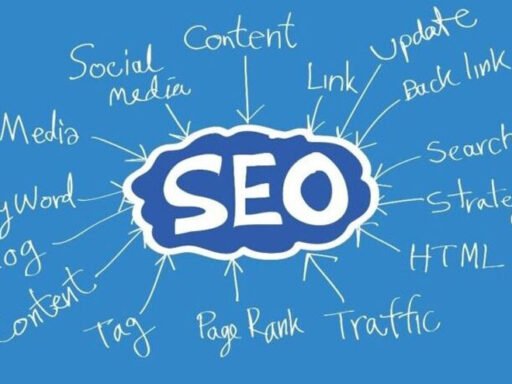In the ever-evolving landscape of social media, Facebook continues to be a powerhouse for connecting people, sharing content, and fostering online communities. With billions of users, the platform offers numerous opportunities for individuals and businesses to engage with their audience. One way to enhance engagement is by acquiring Facebook comment likes. However, buying likes for comments has sparked a debate within the social media community. In this article, we’ll delve into the pros and cons of buying Facebook comment likes to help you make an informed decision.
Pros of Buying Facebook Comment Likes:
Boosted Visibility:
- Buy Facebook comment likes can contribute to increased visibility for your content. When your comments receive likes, they are more likely to appear at the top of a post, making them more visible to other users. This increased visibility can attract additional engagement and help your content reach a broader audience.
Social Proof:
- Humans are social beings, and we often rely on social proof to guide our decisions. A post with numerous likes in its comments may be perceived as more credible and interesting by other users. Buying comment likes can provide an initial boost of social proof, encouraging organic users to engage with your content.
Time and Effort Savings:
- Growing a Facebook presence organically can be time-consuming. By purchasing comment likes, you save time and effort that would otherwise be spent on attracting engagement naturally. This is particularly beneficial for businesses or individuals looking for a quick boost in social media presence.
Encourages Genuine Engagement:
- A post with a higher number of likes is more likely to attract genuine engagement. Users are often drawn to content that appears popular, prompting them to participate in discussions or express their opinions. Buying comment likes can act as a catalyst for organic engagement.
Cons of Buying Facebook Comment Likes:
Risk of Inauthentic Engagement:
- One of the main concerns with buying Facebook comment likes is the risk of inauthentic engagement. If your likes are coming from fake or inactive accounts, it not only undermines the credibility of your content but also violates Facebook’s terms of service. This can lead to account suspension or other penalties.
Short-Term Gains, Long-Term Risks:
- While purchasing comment likes may provide an initial boost, the long-term consequences can be detrimental. Inauthentic engagement may harm your reputation, and Facebook’s algorithms are designed to prioritize genuine interactions. Over time, relying on bought likes can negatively impact your organic reach and overall visibility.
Financial Investment:
- Buying Facebook comment likes comes at a cost, and the return on investment is not always guaranteed. There’s a risk of spending money without achieving the desired results, especially if the purchased likes do not translate into meaningful engagement or increased brand awareness.
Ethical Concerns:
- The ethical implications of buying engagement on social media should not be overlooked. Some users view this practice as deceptive, as it creates a false impression of popularity or influence. Authenticity and transparency are valued in the online community, and engaging in questionable practices may alienate potential followers.
Conclusion:
The decision to buy Facebook comment likes is a nuanced one, requiring careful consideration of the potential benefits and drawbacks. While the short-term advantages may seem appealing, the long-term risks associated with inauthentic engagement and potential damage to your reputation should not be ignored. Instead of opting for quick fixes, focus on building an authentic and engaged audience through organic means. Genuine connections and interactions are more likely to contribute to sustained growth and success on social media platforms like Facebook.





